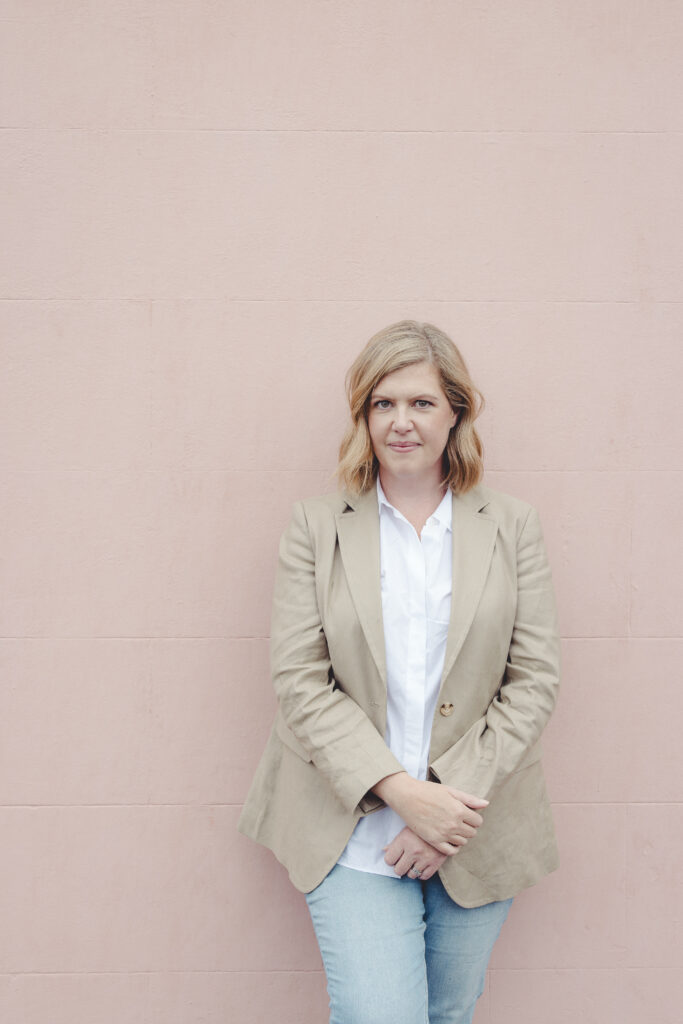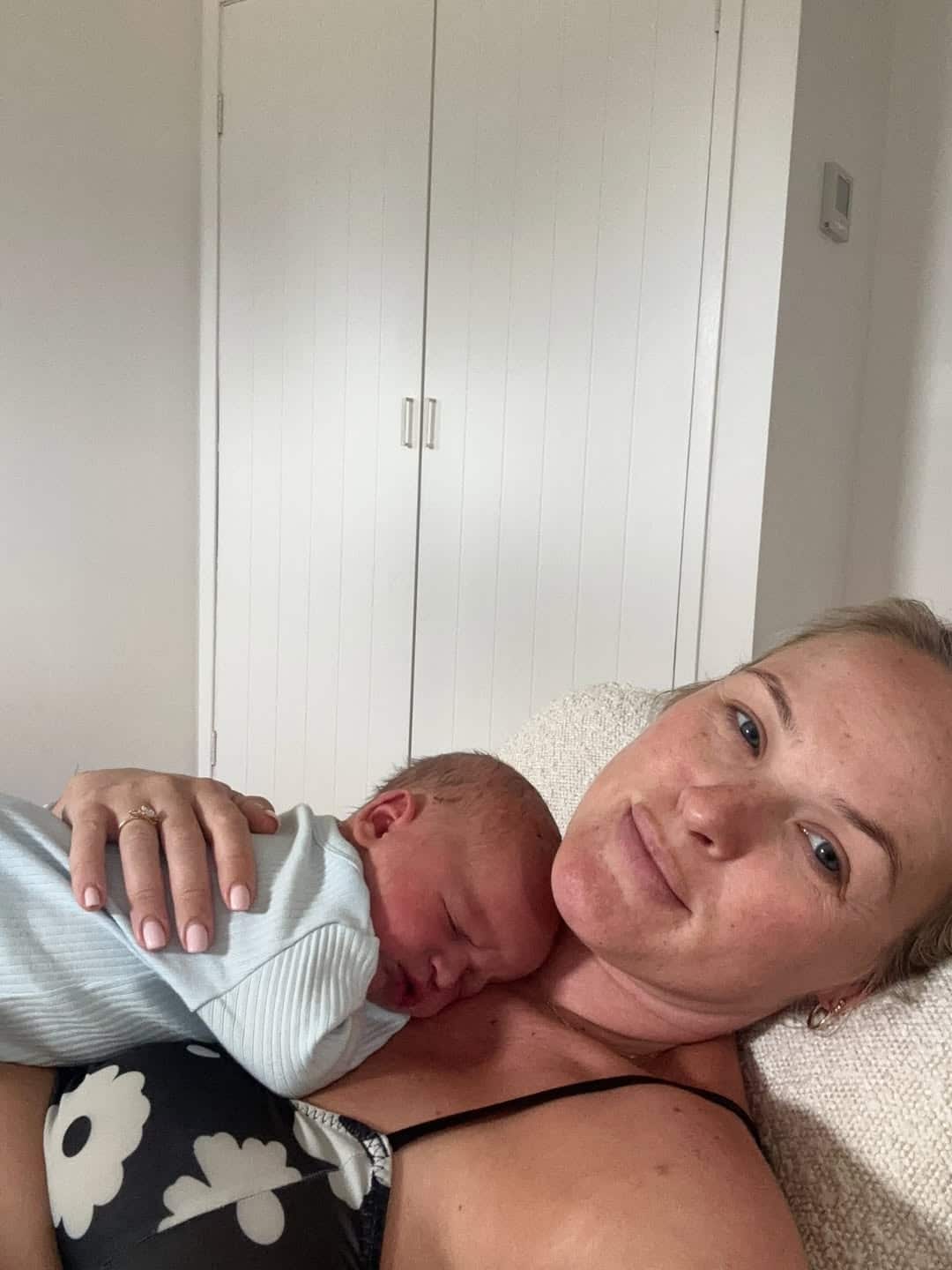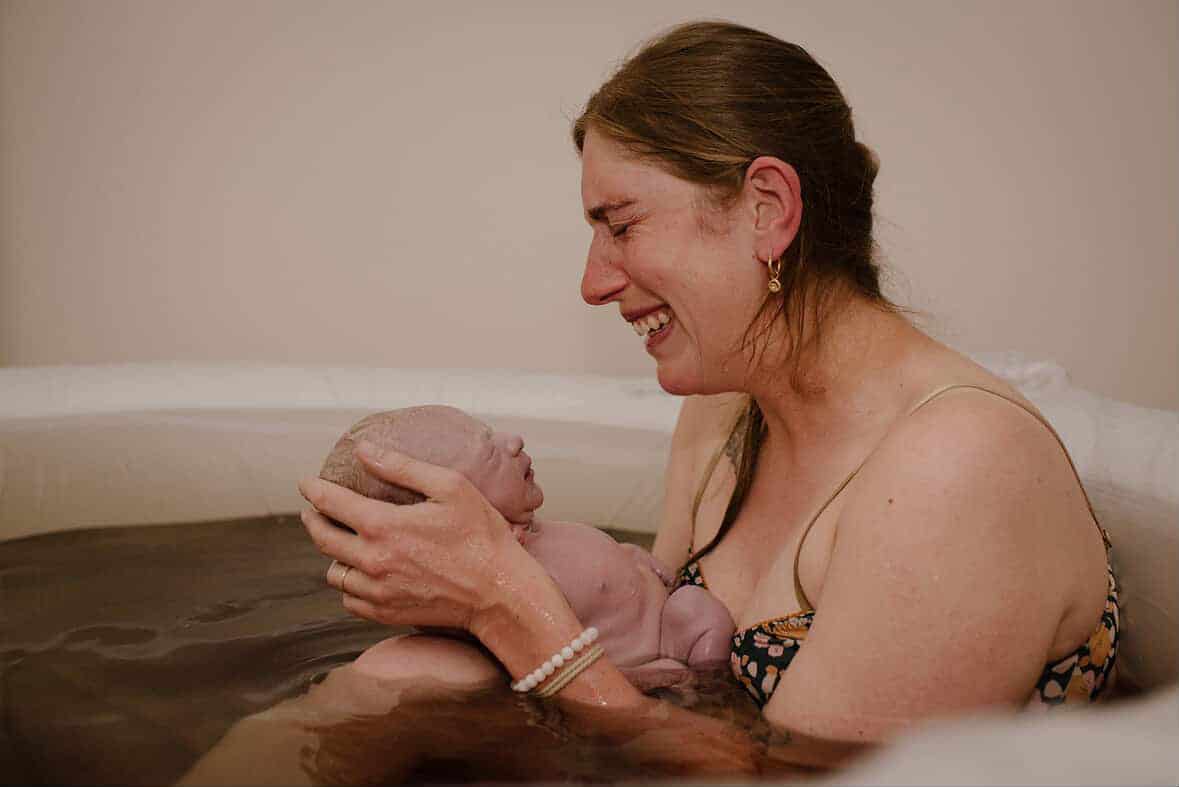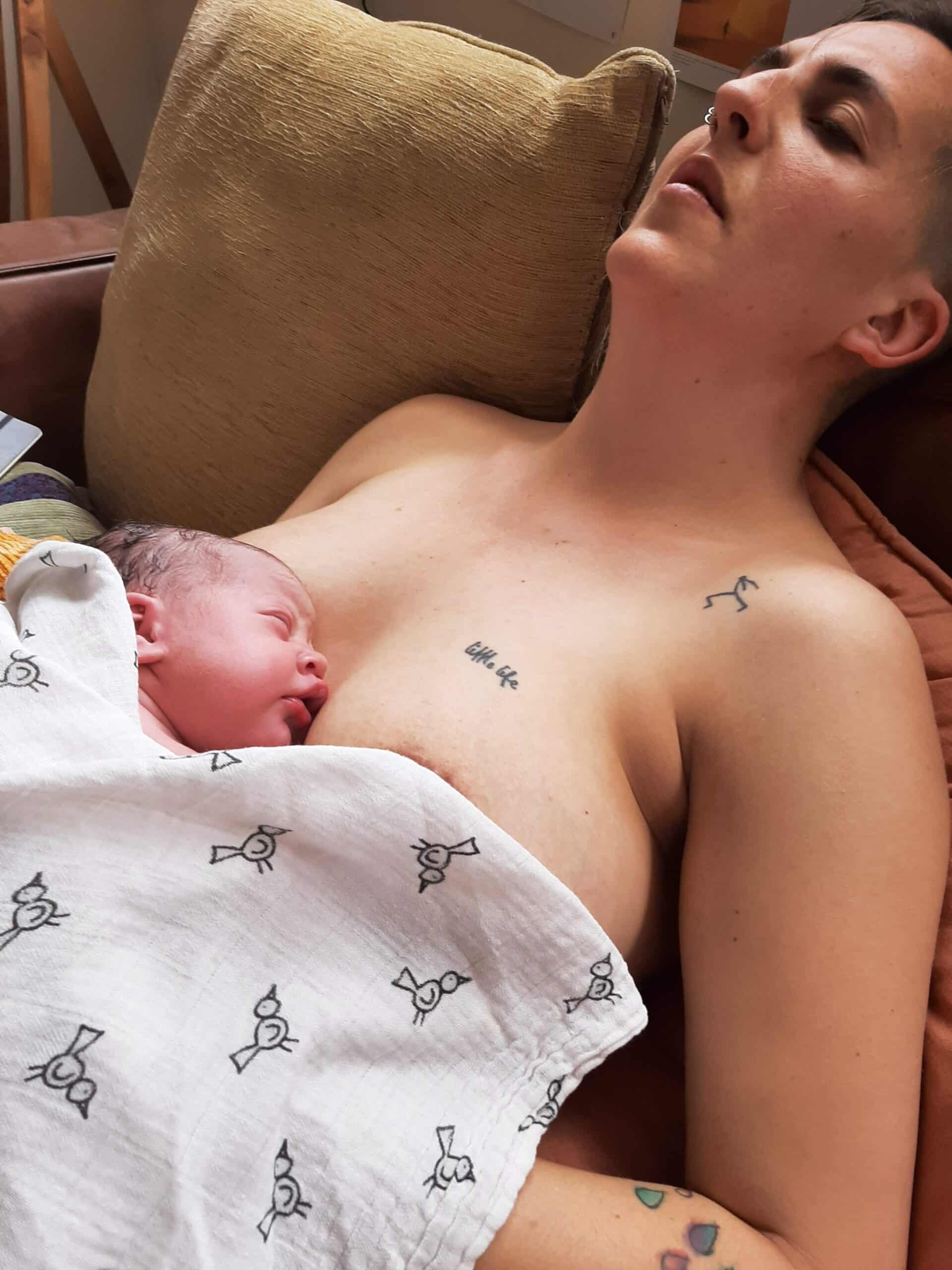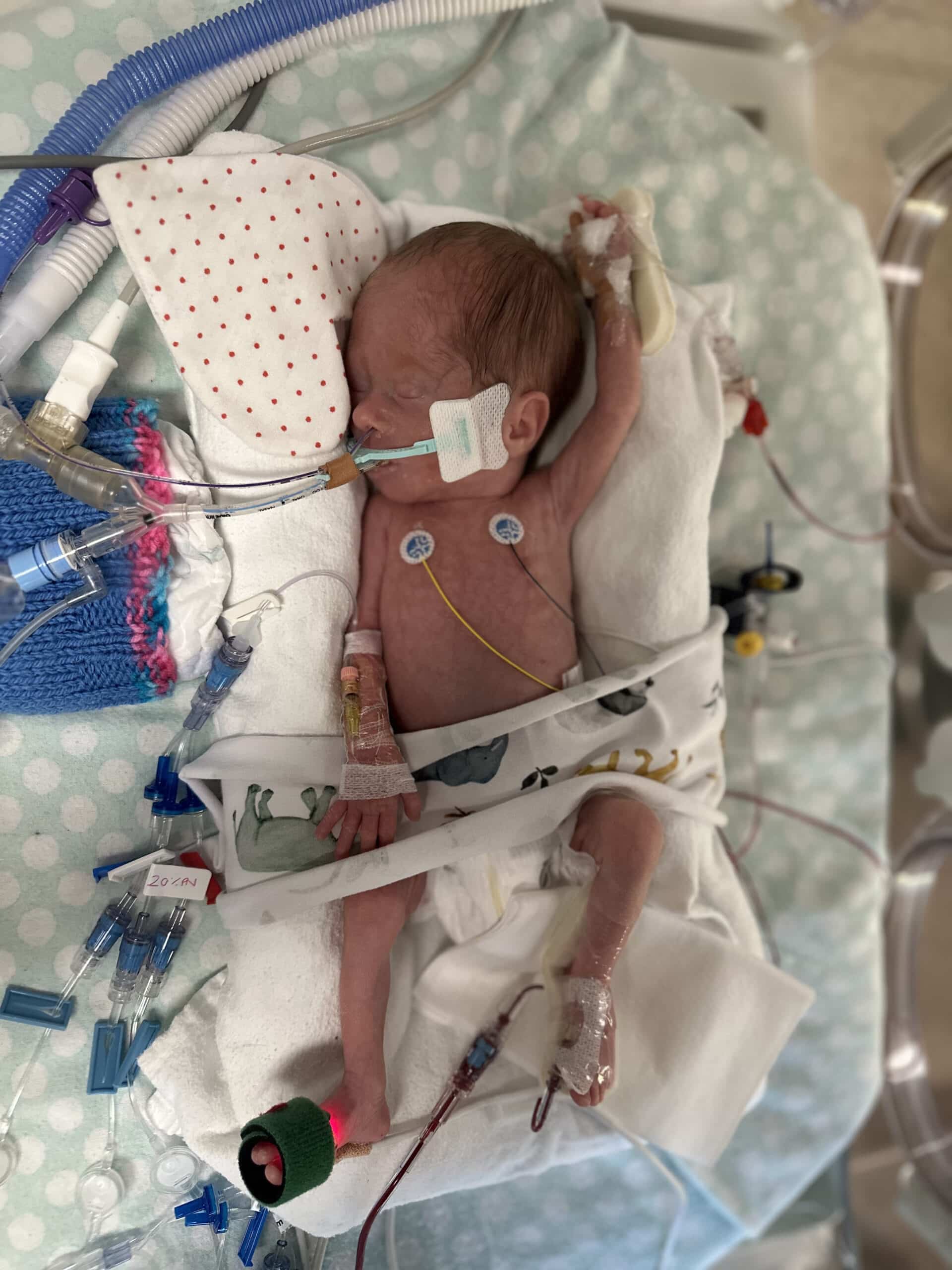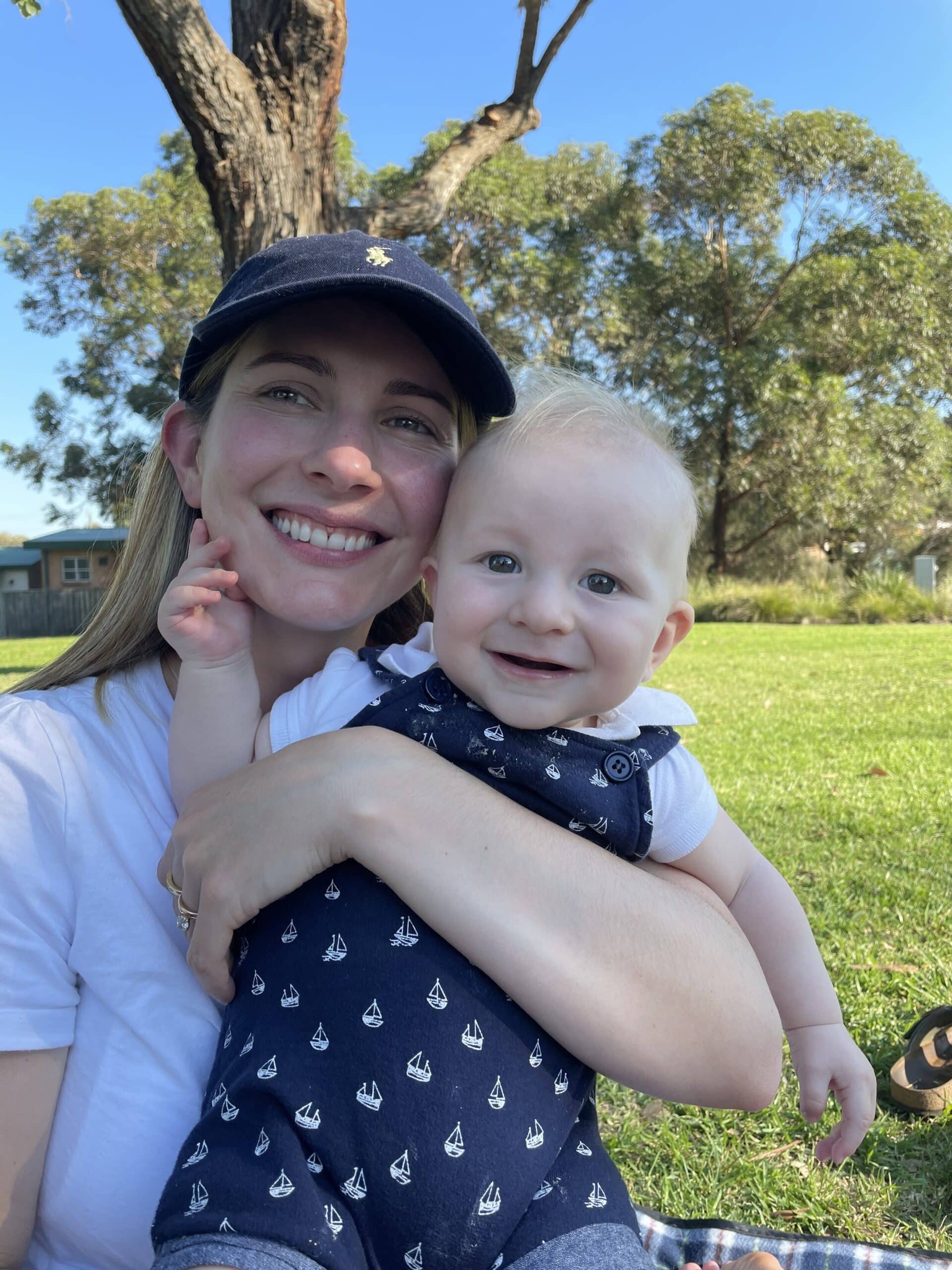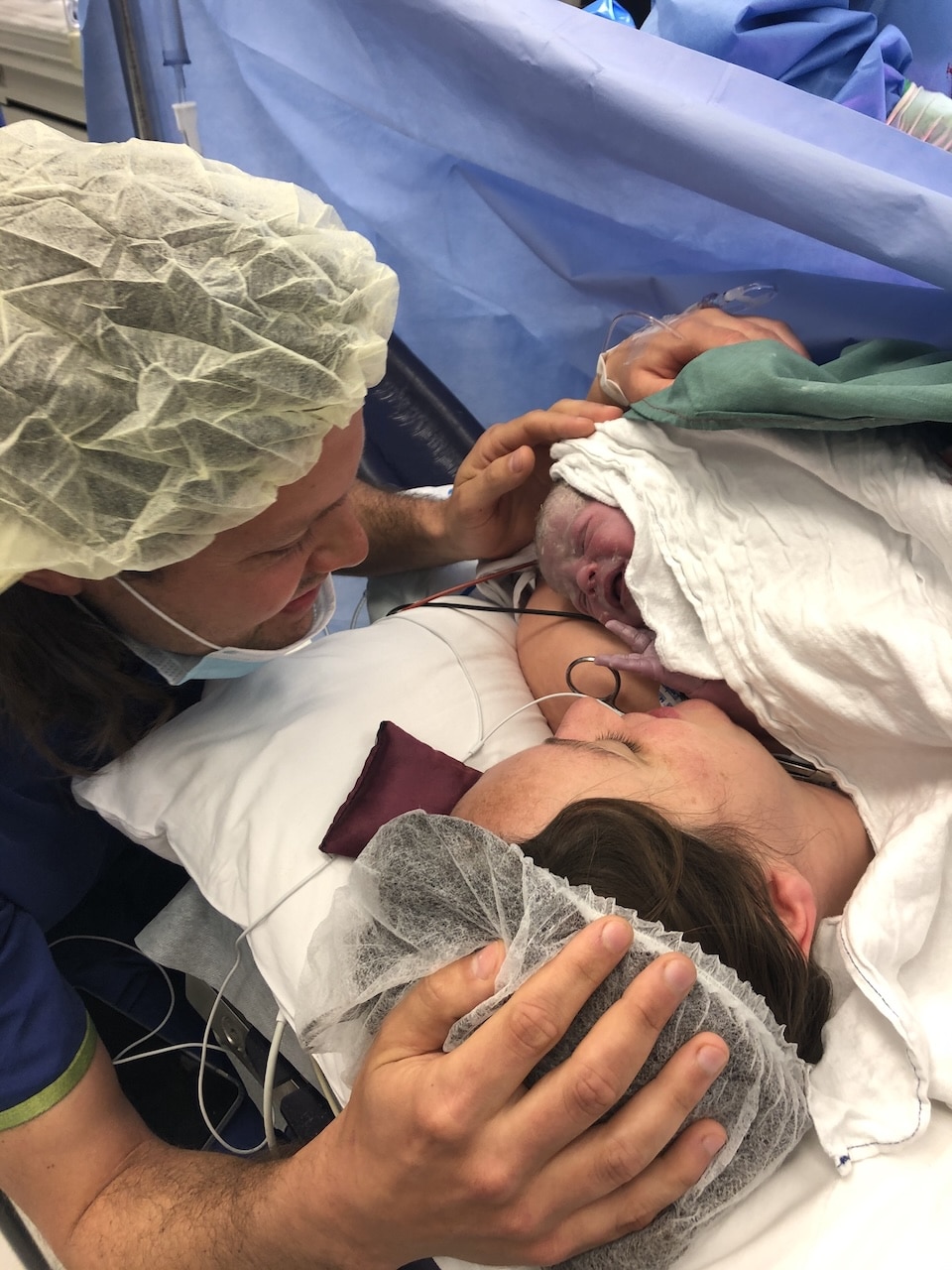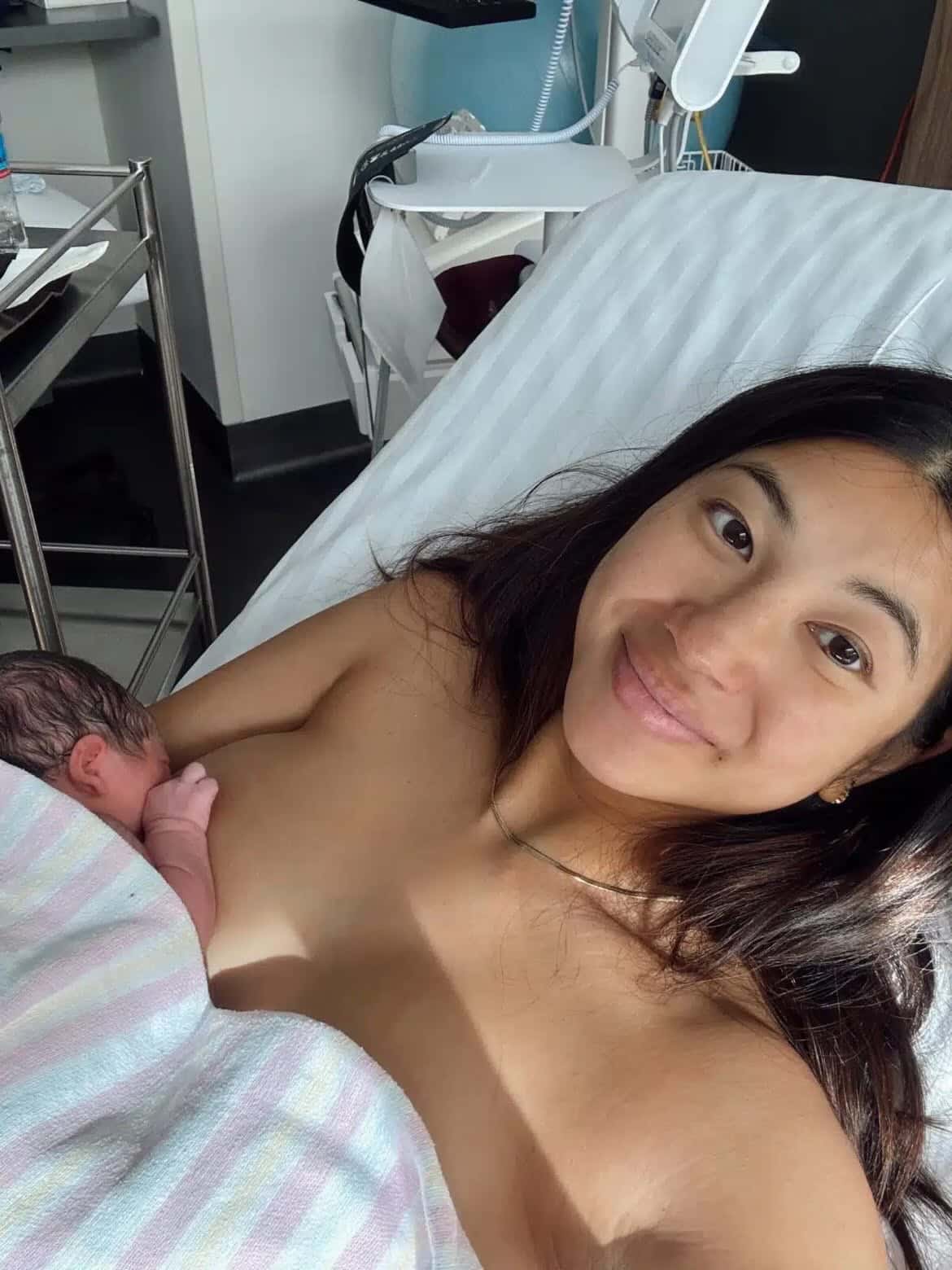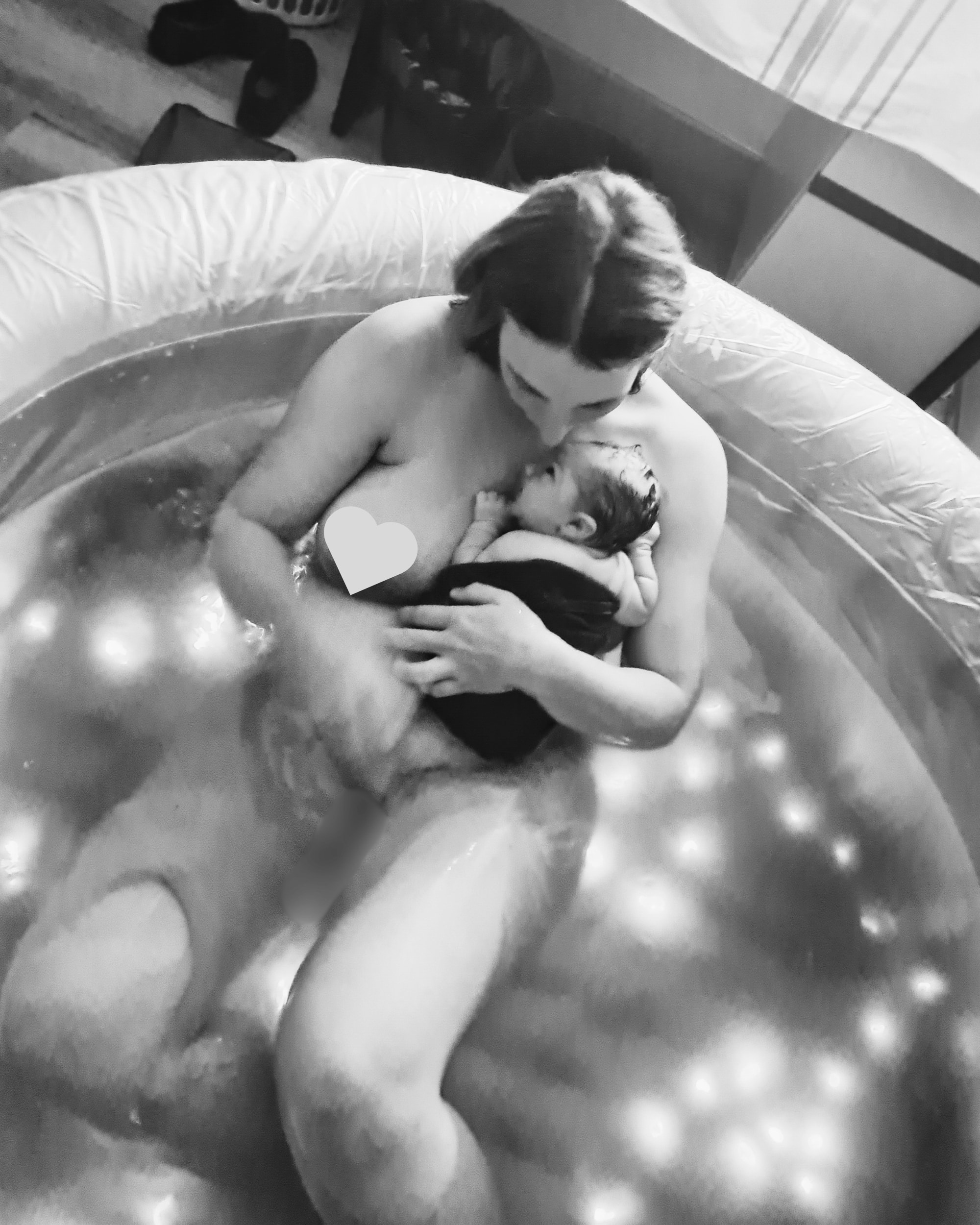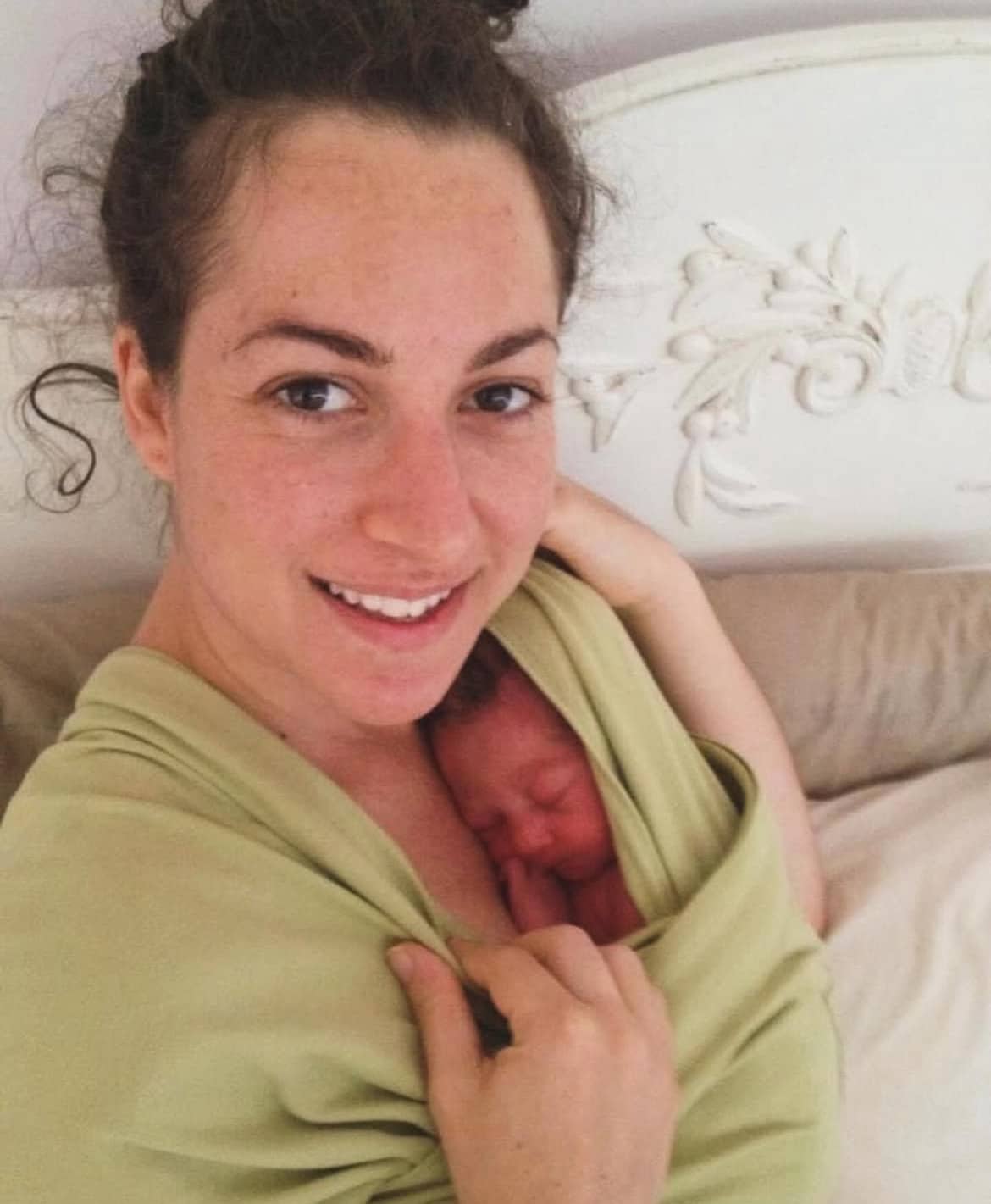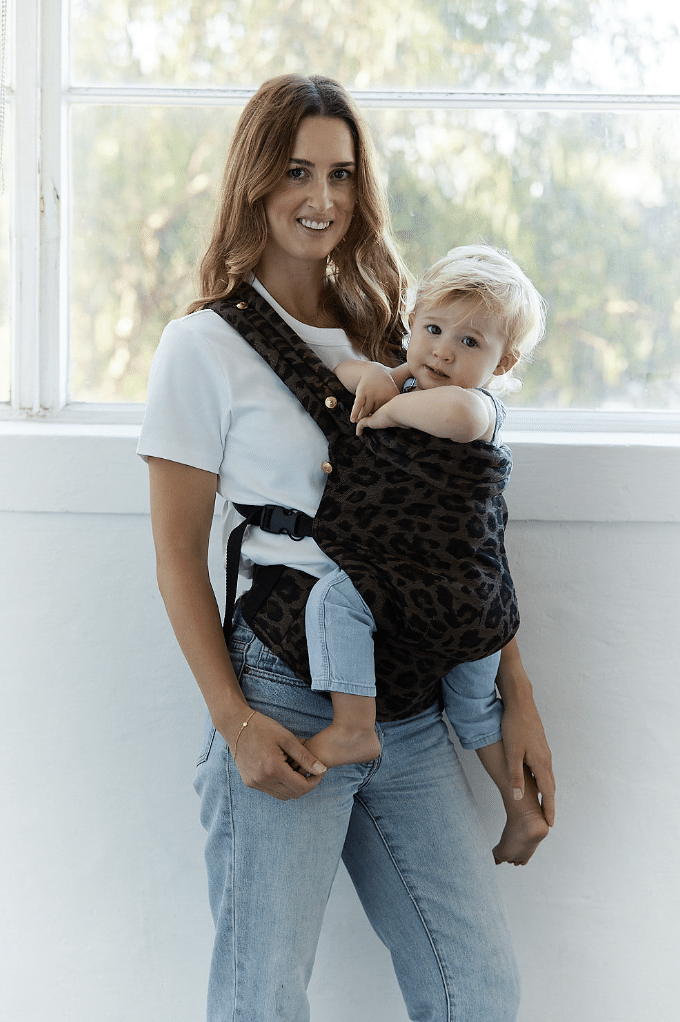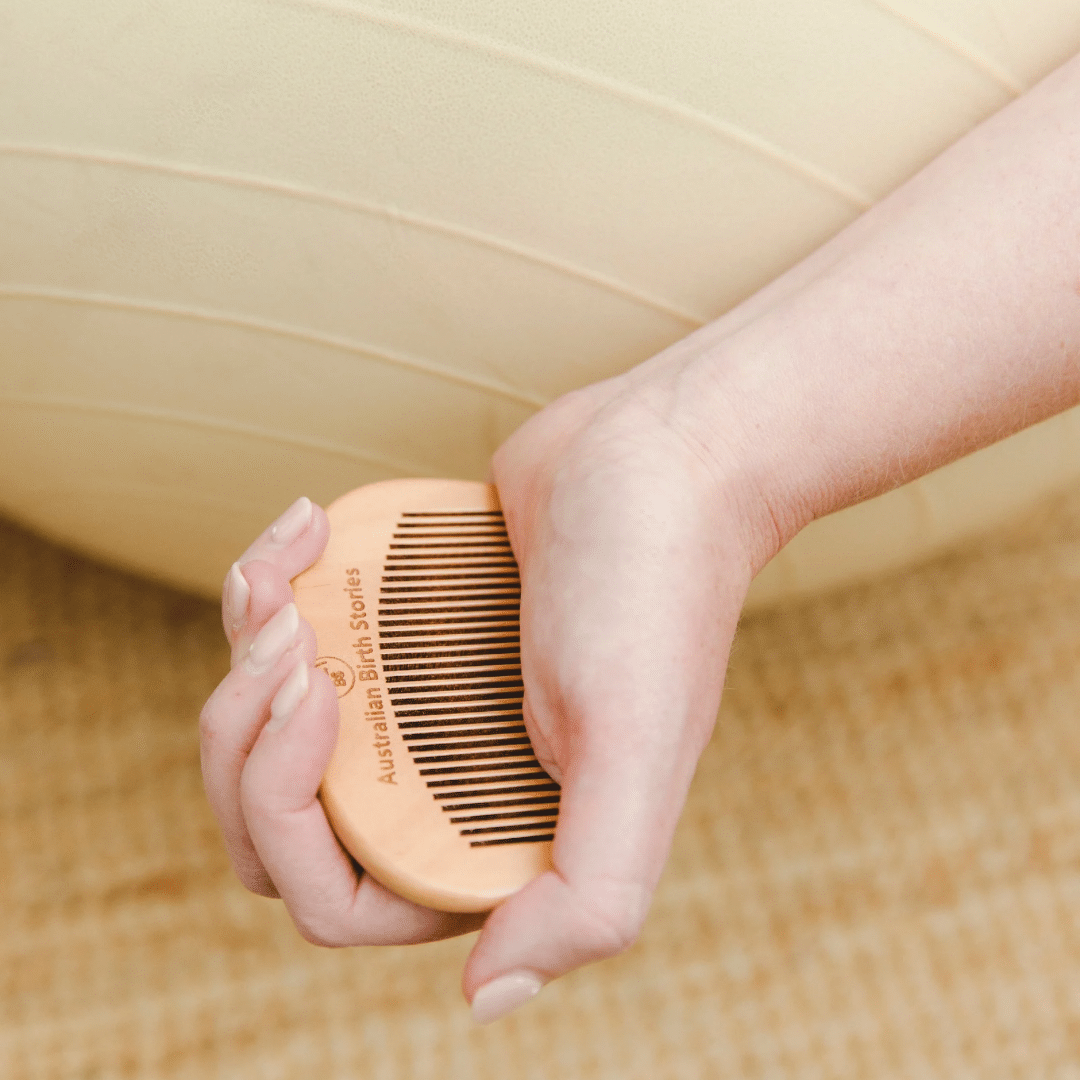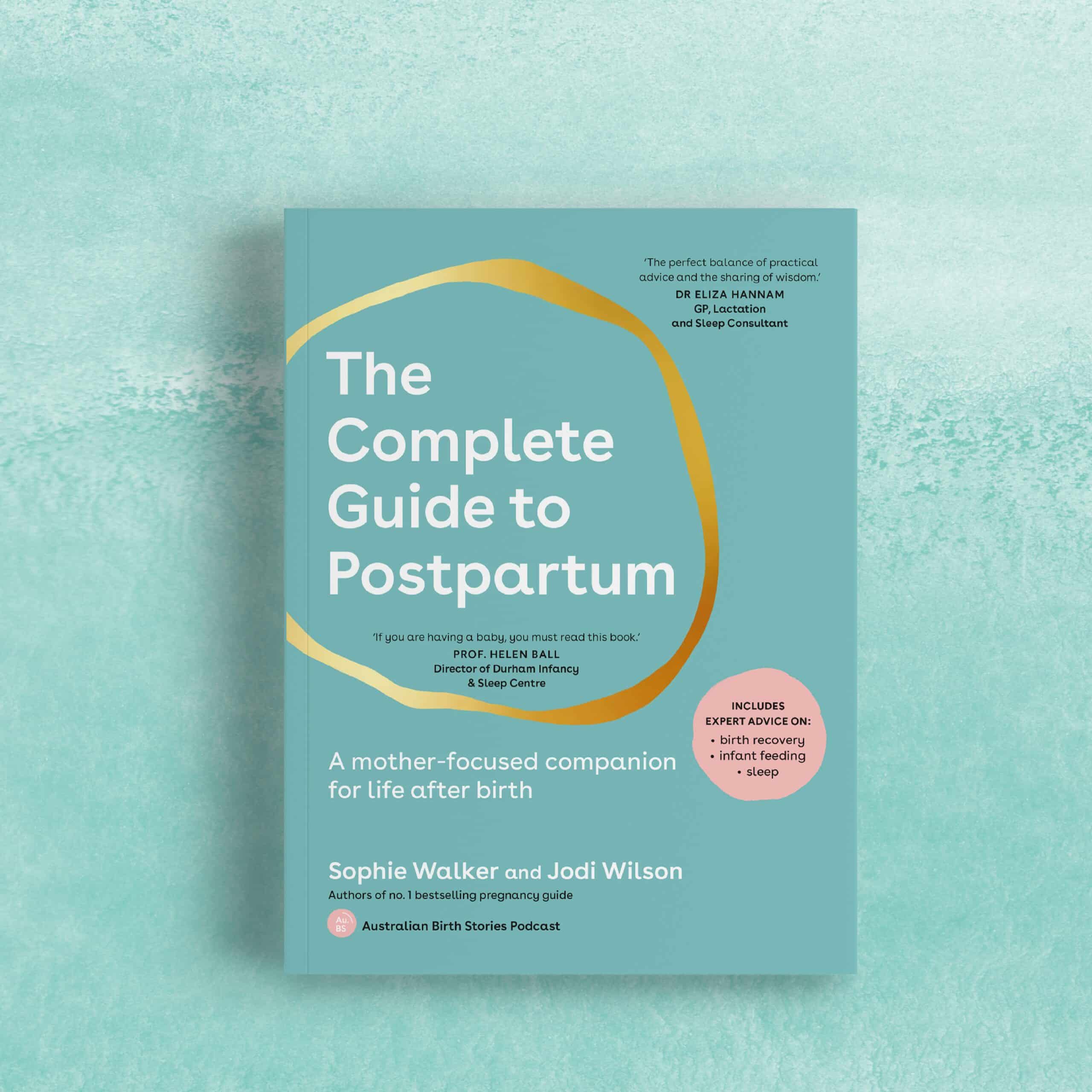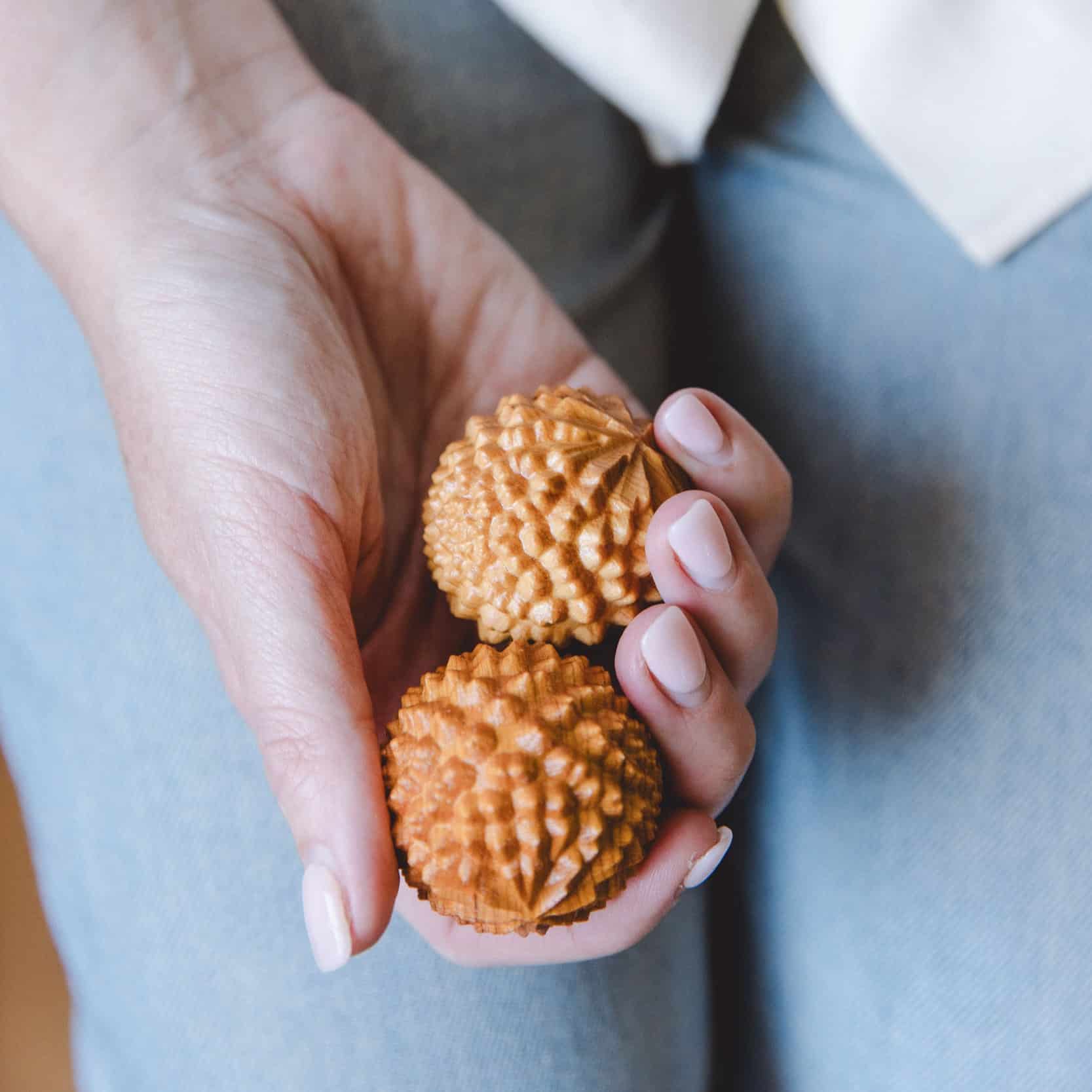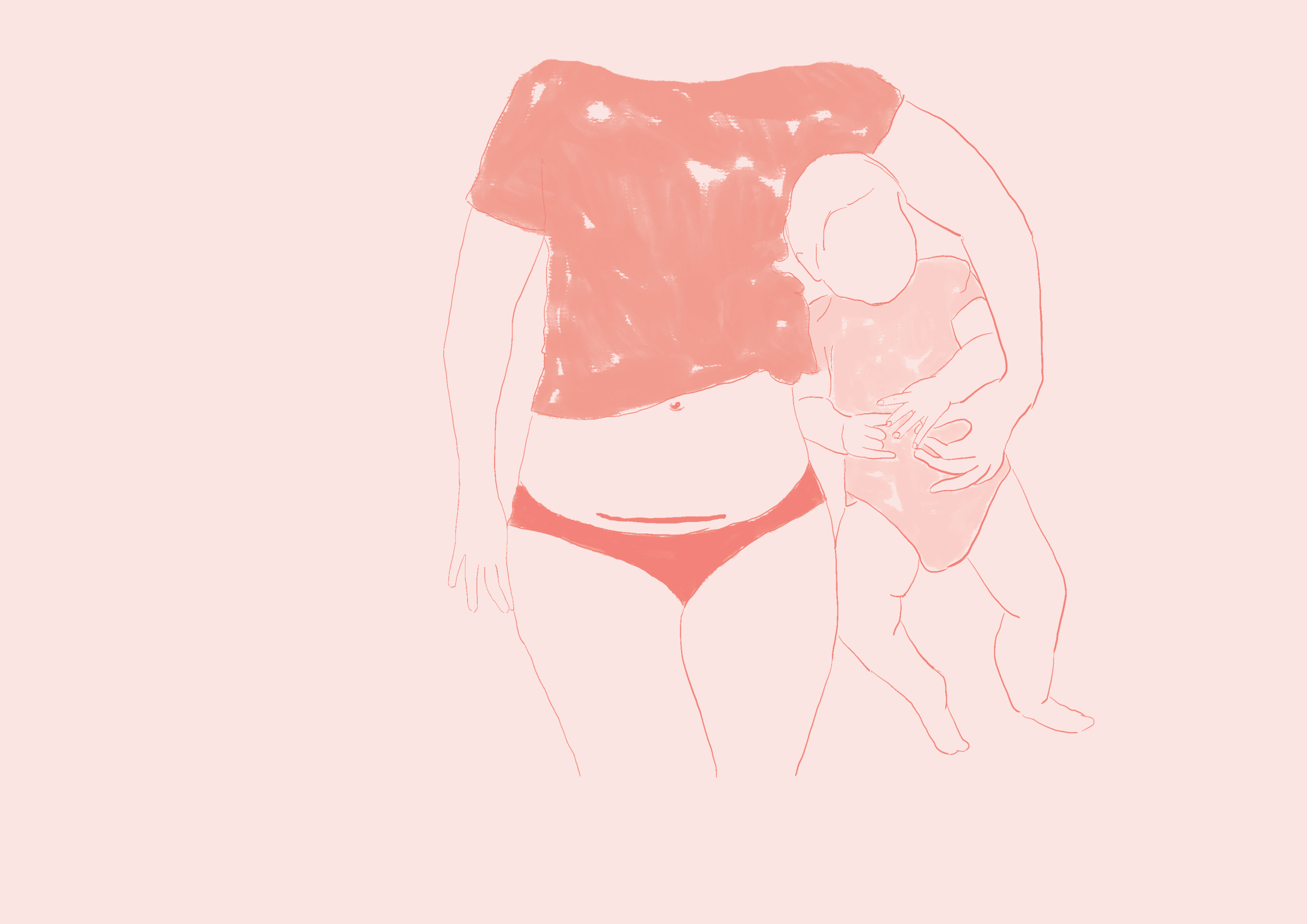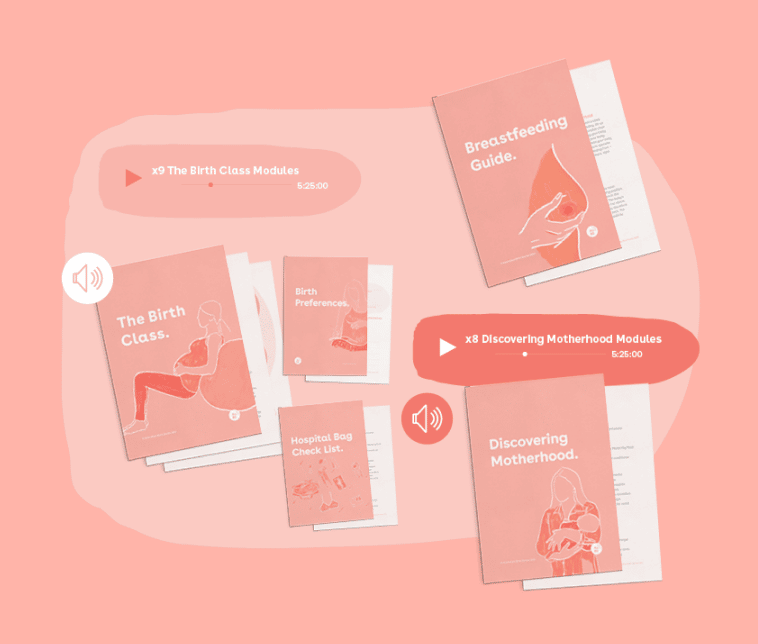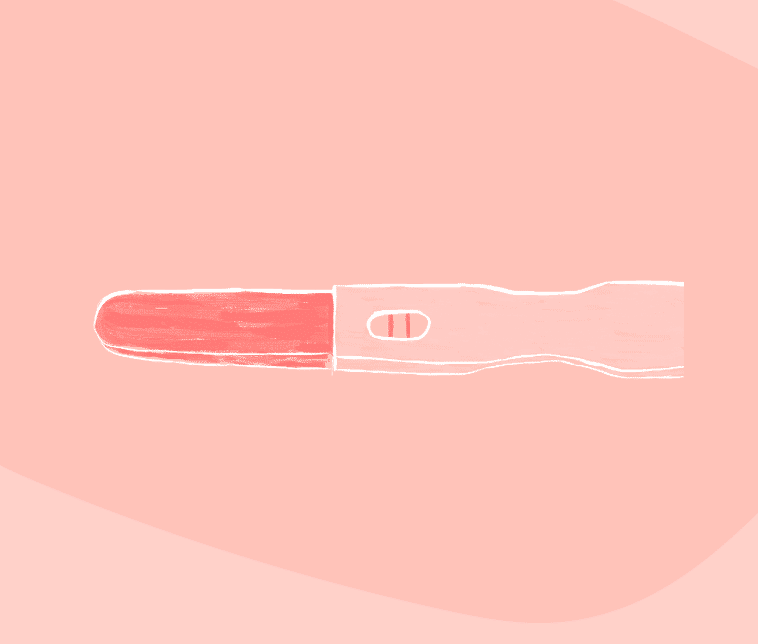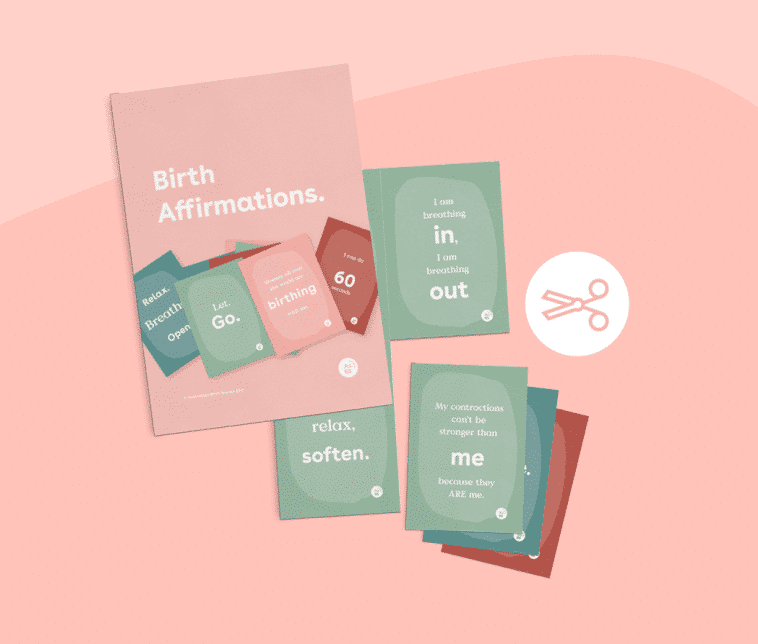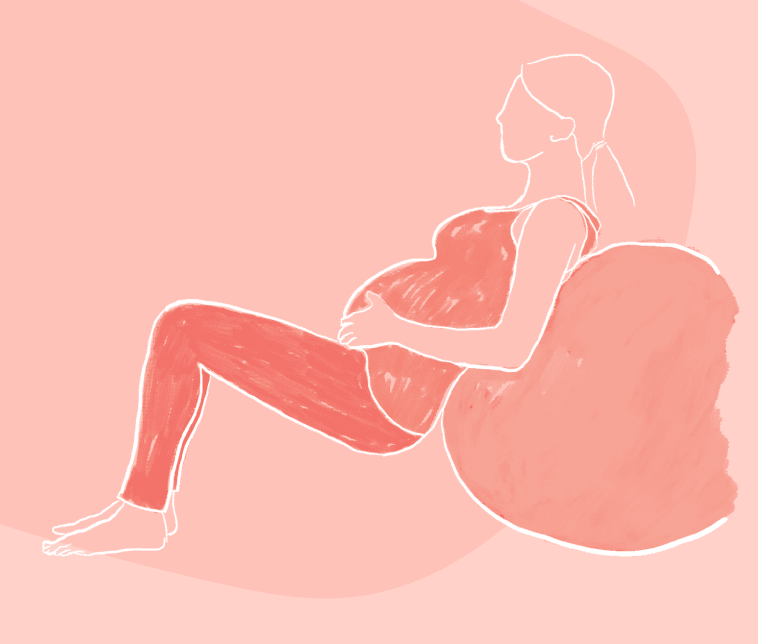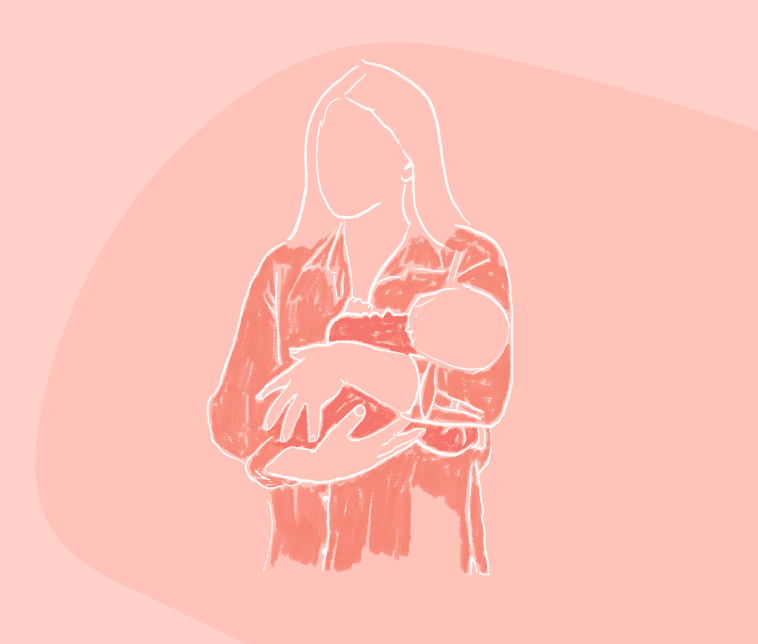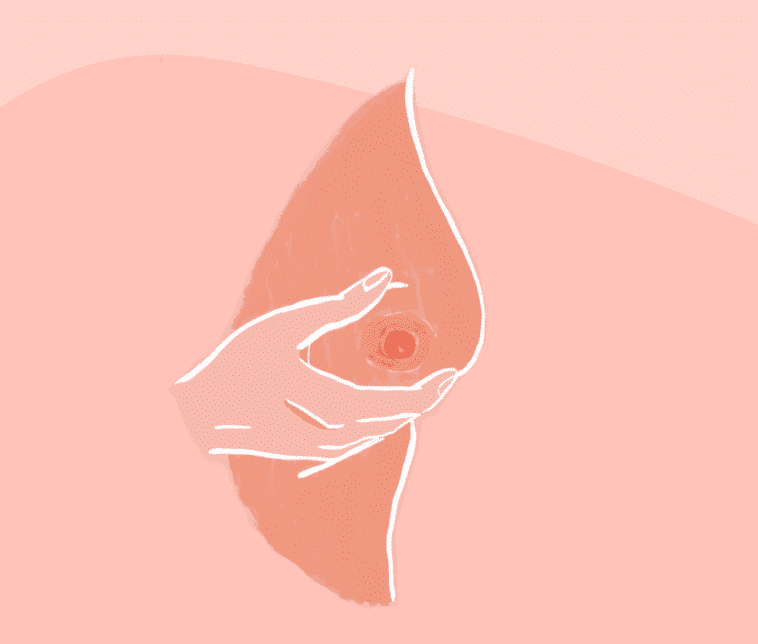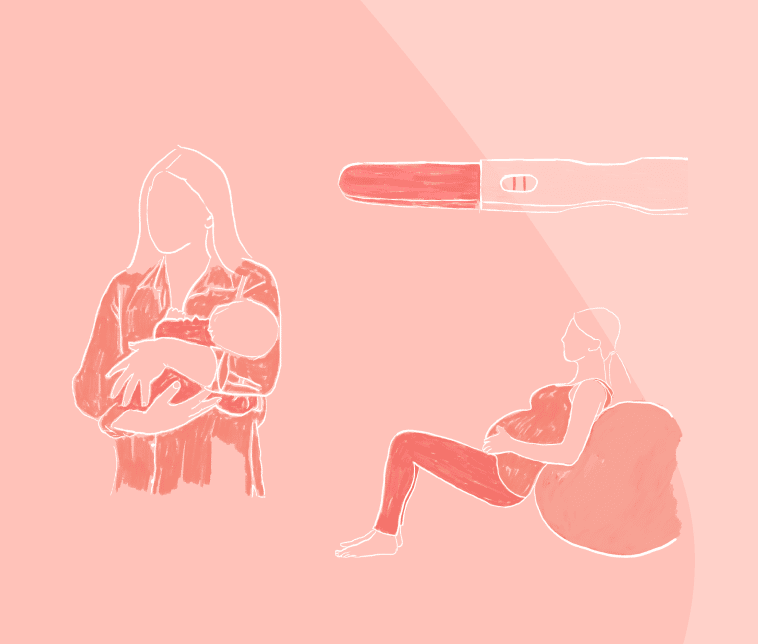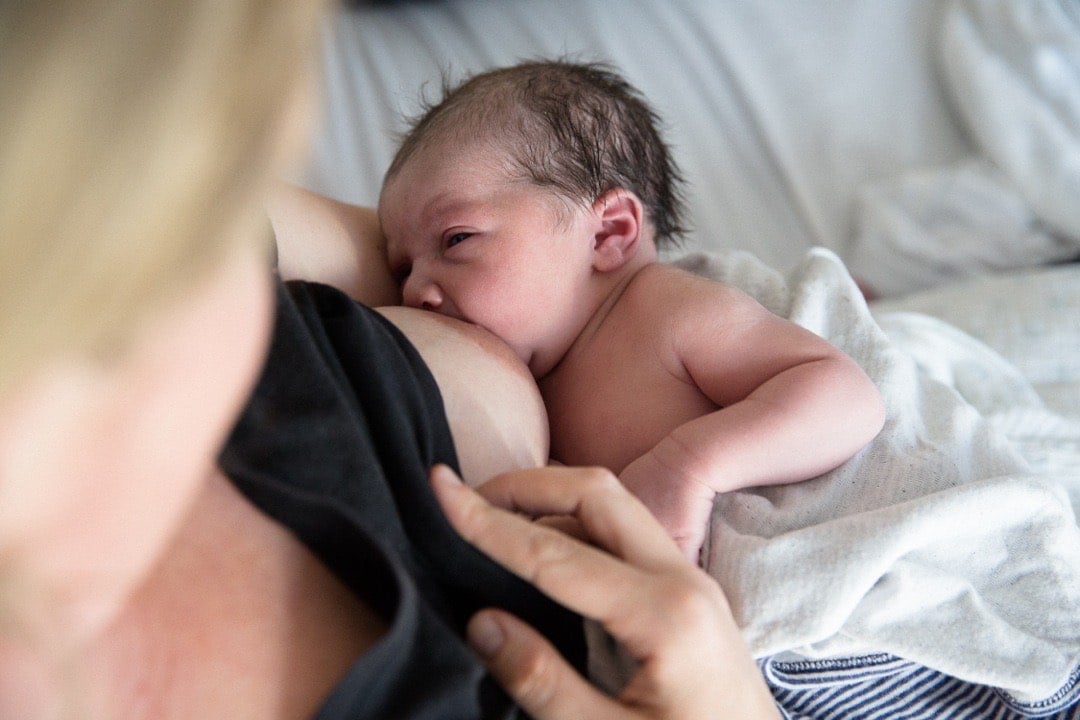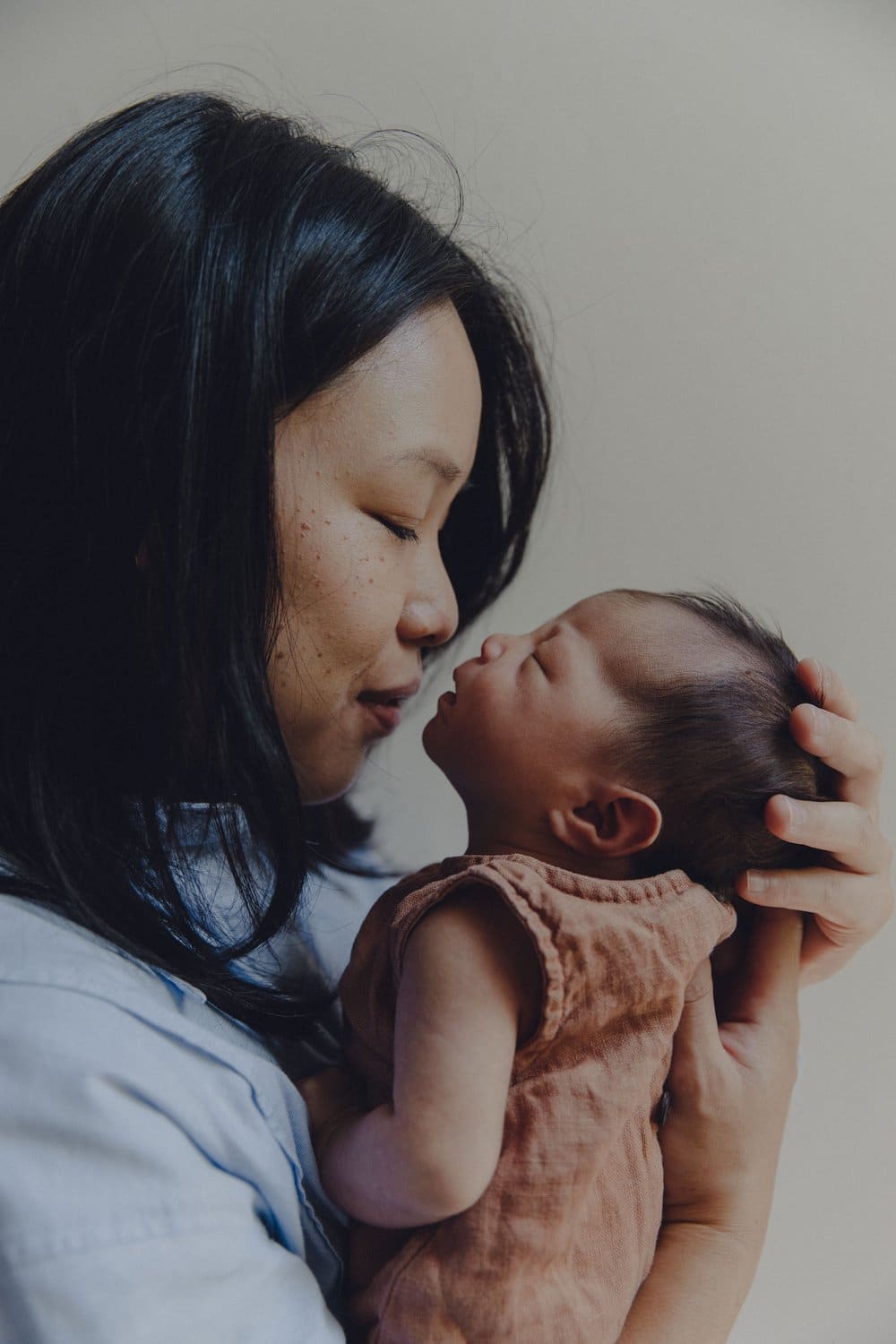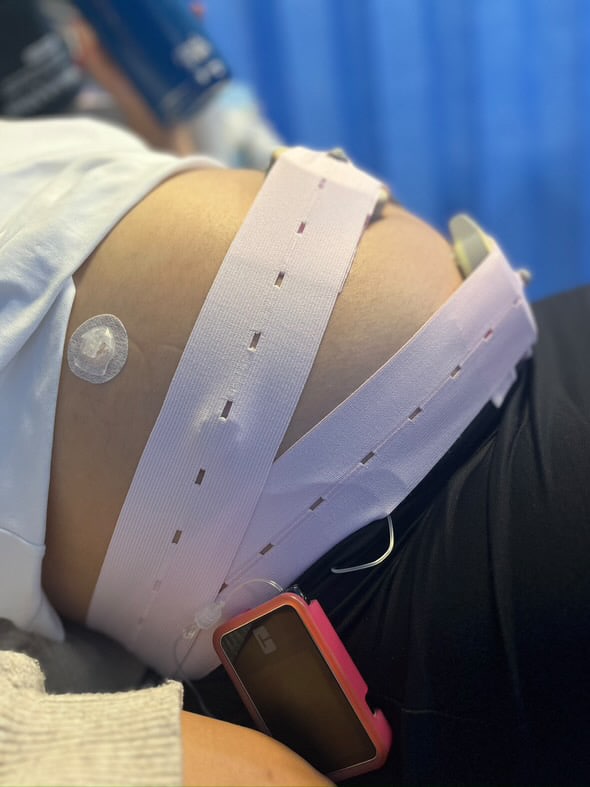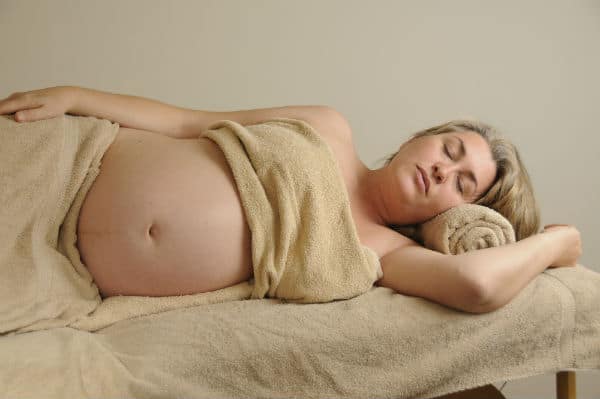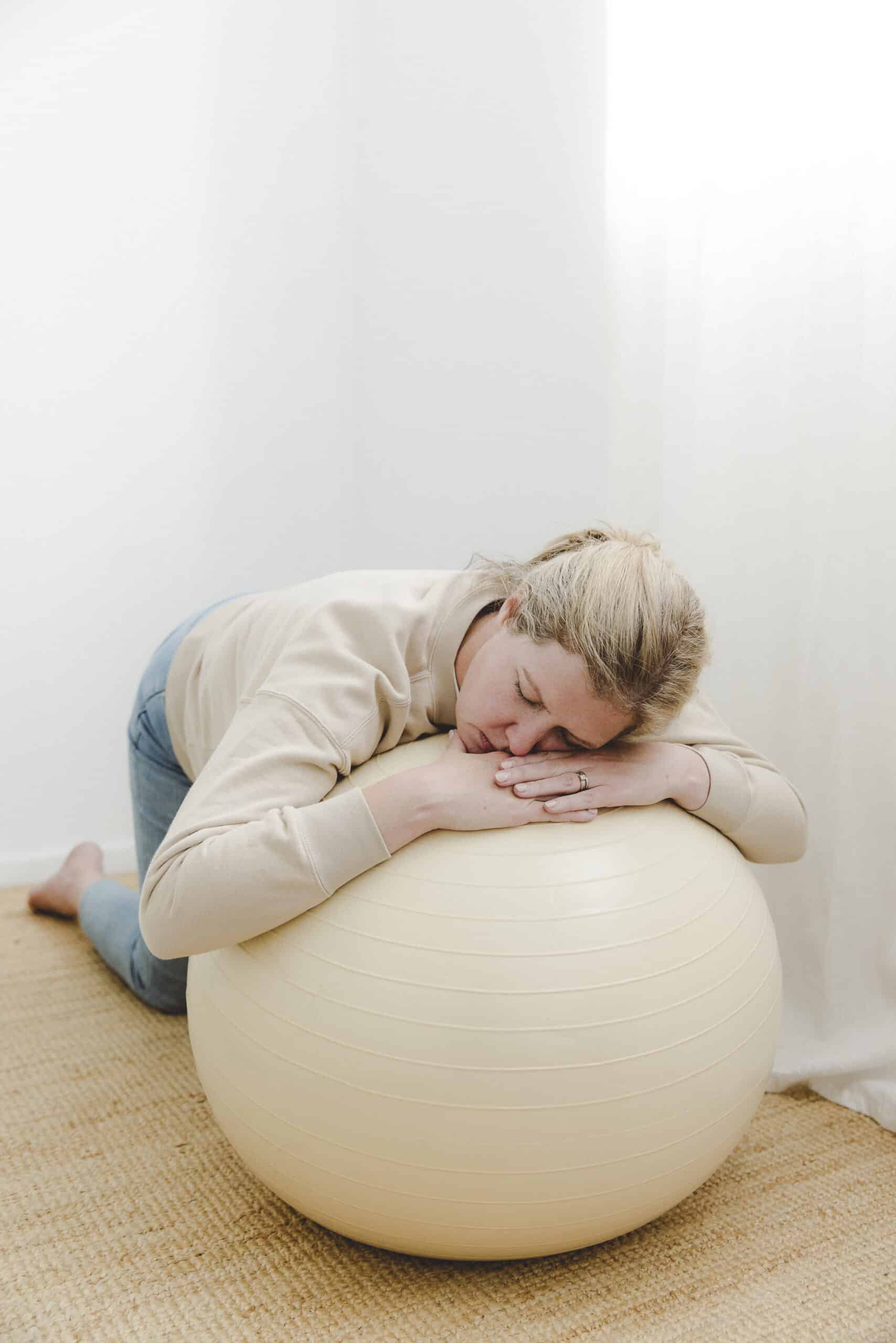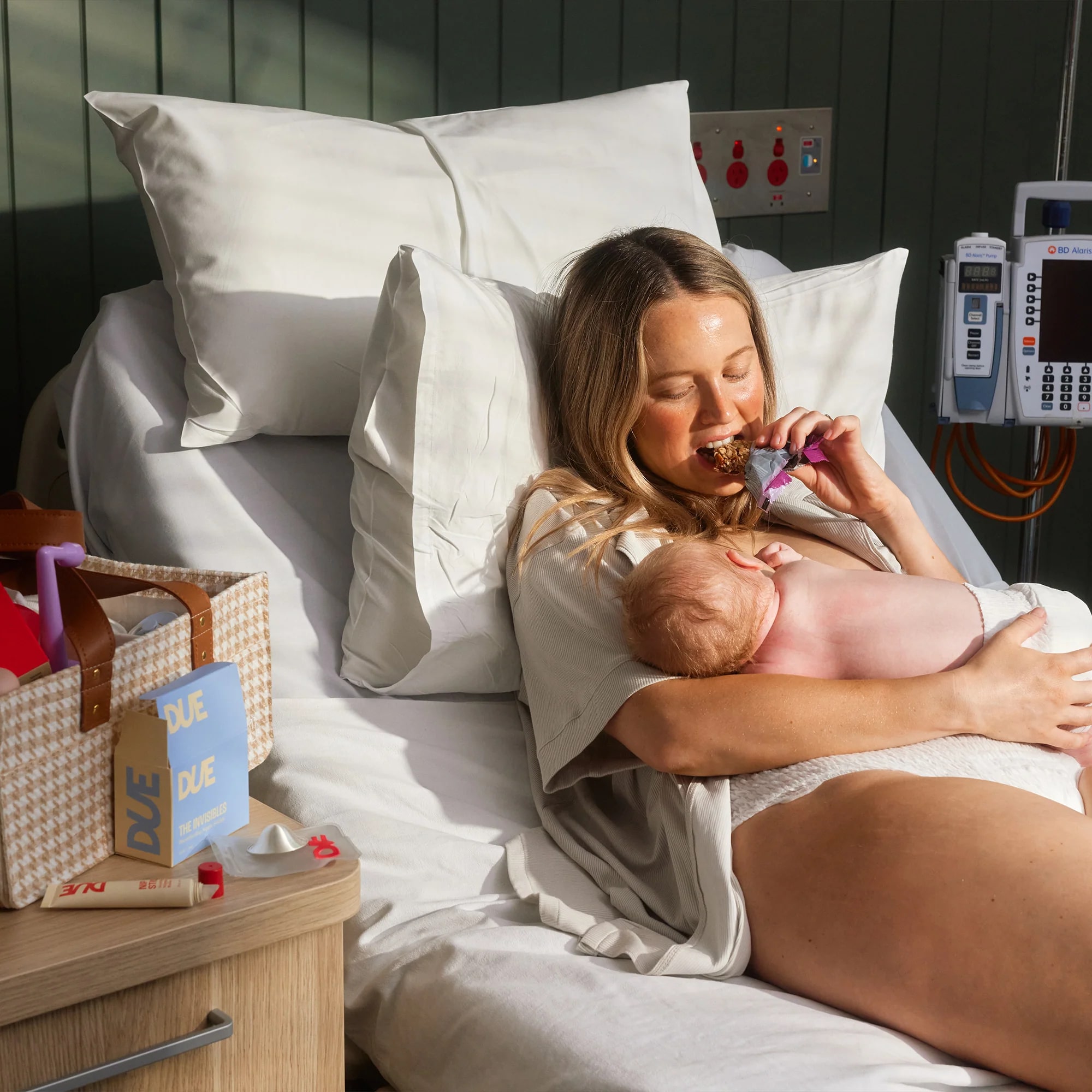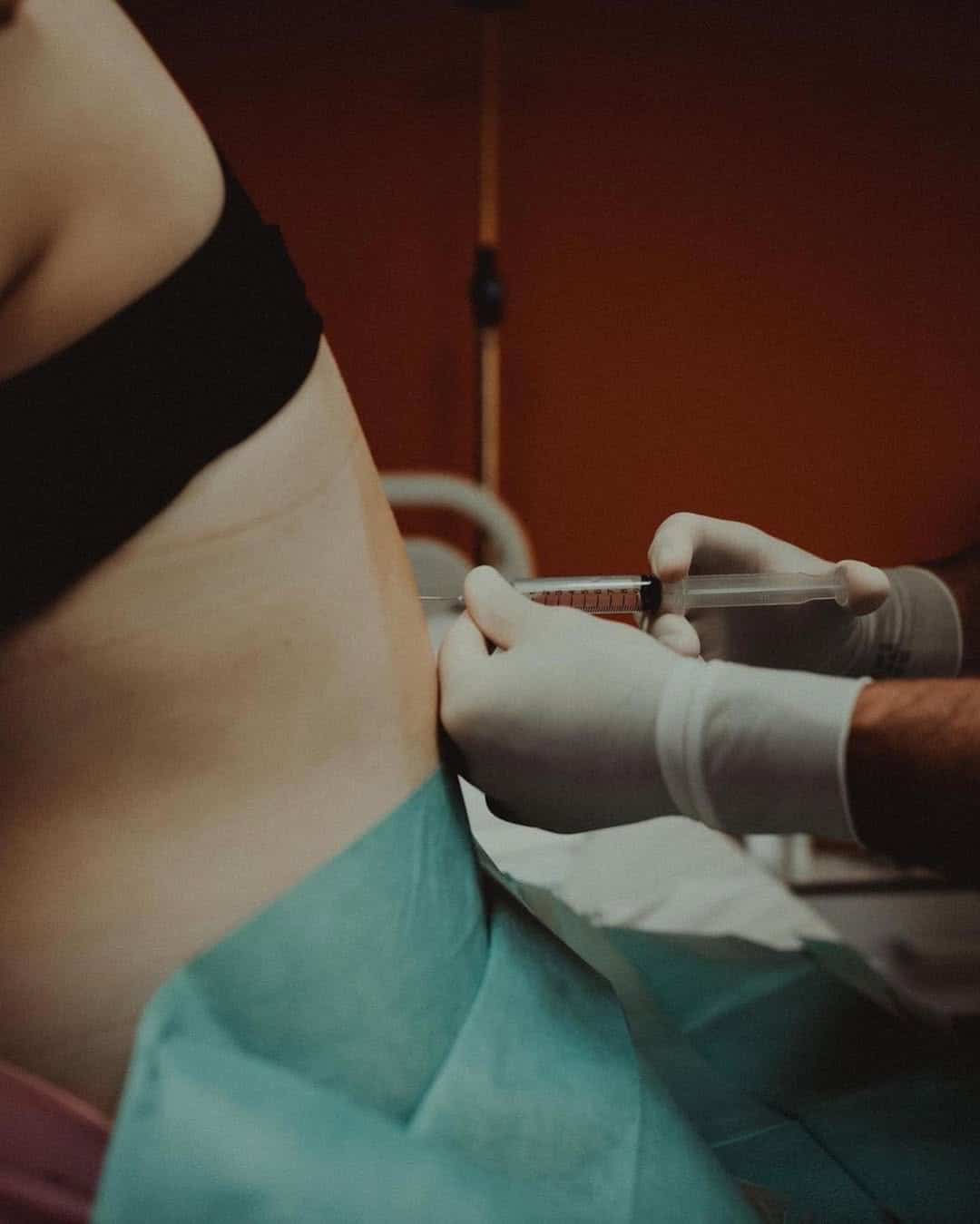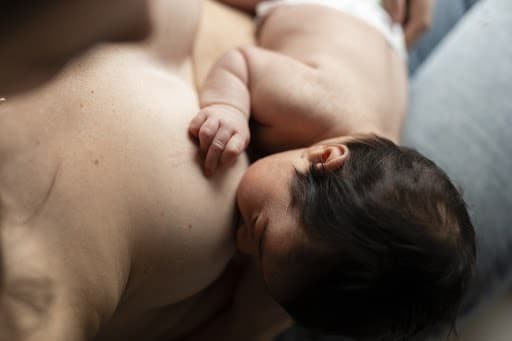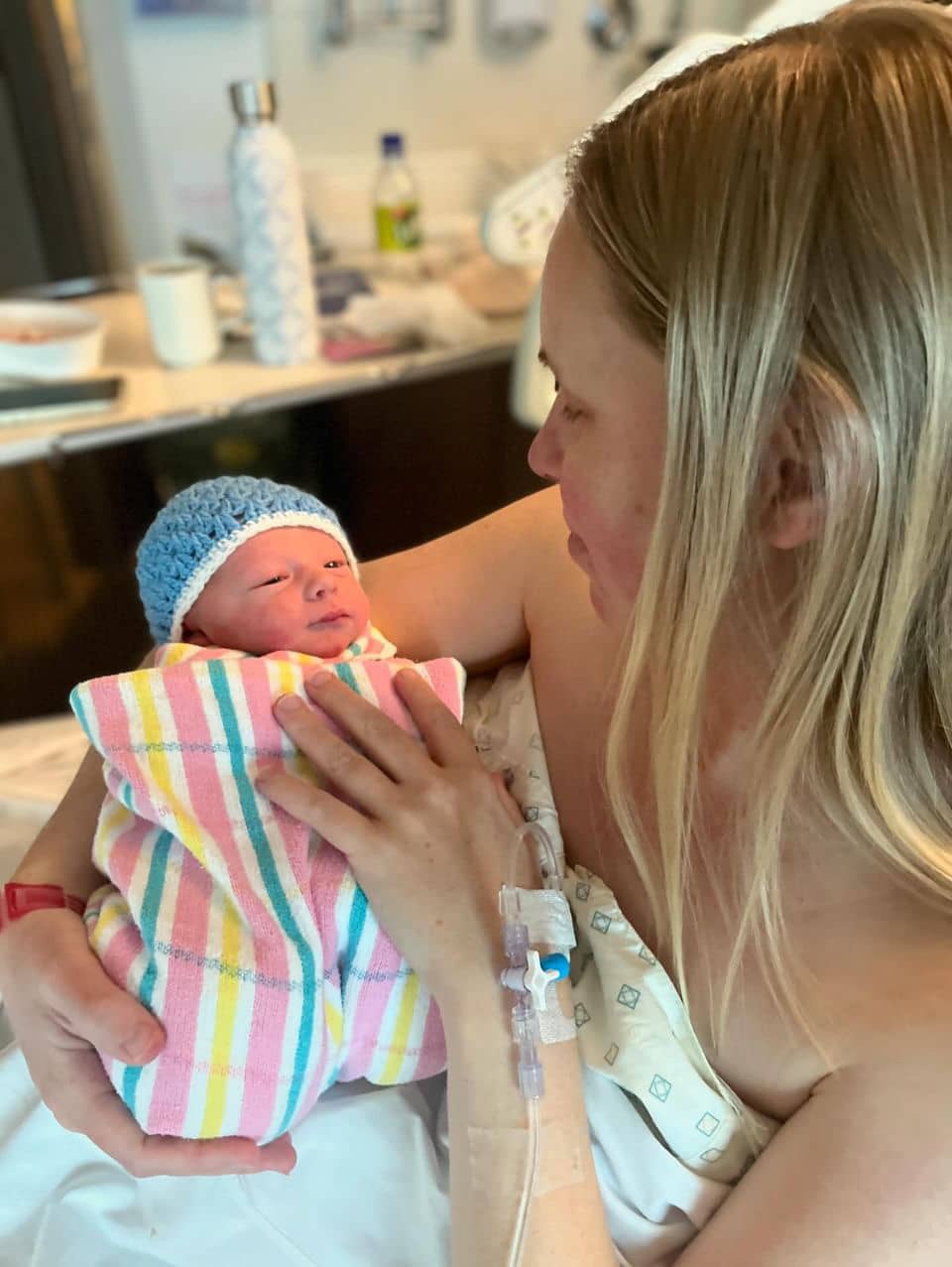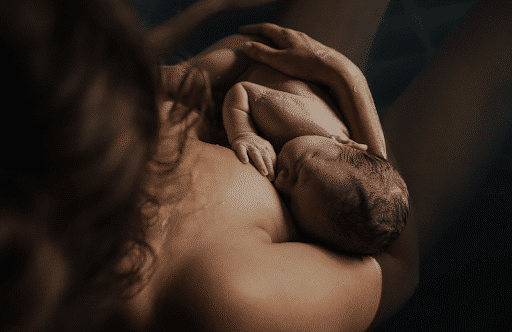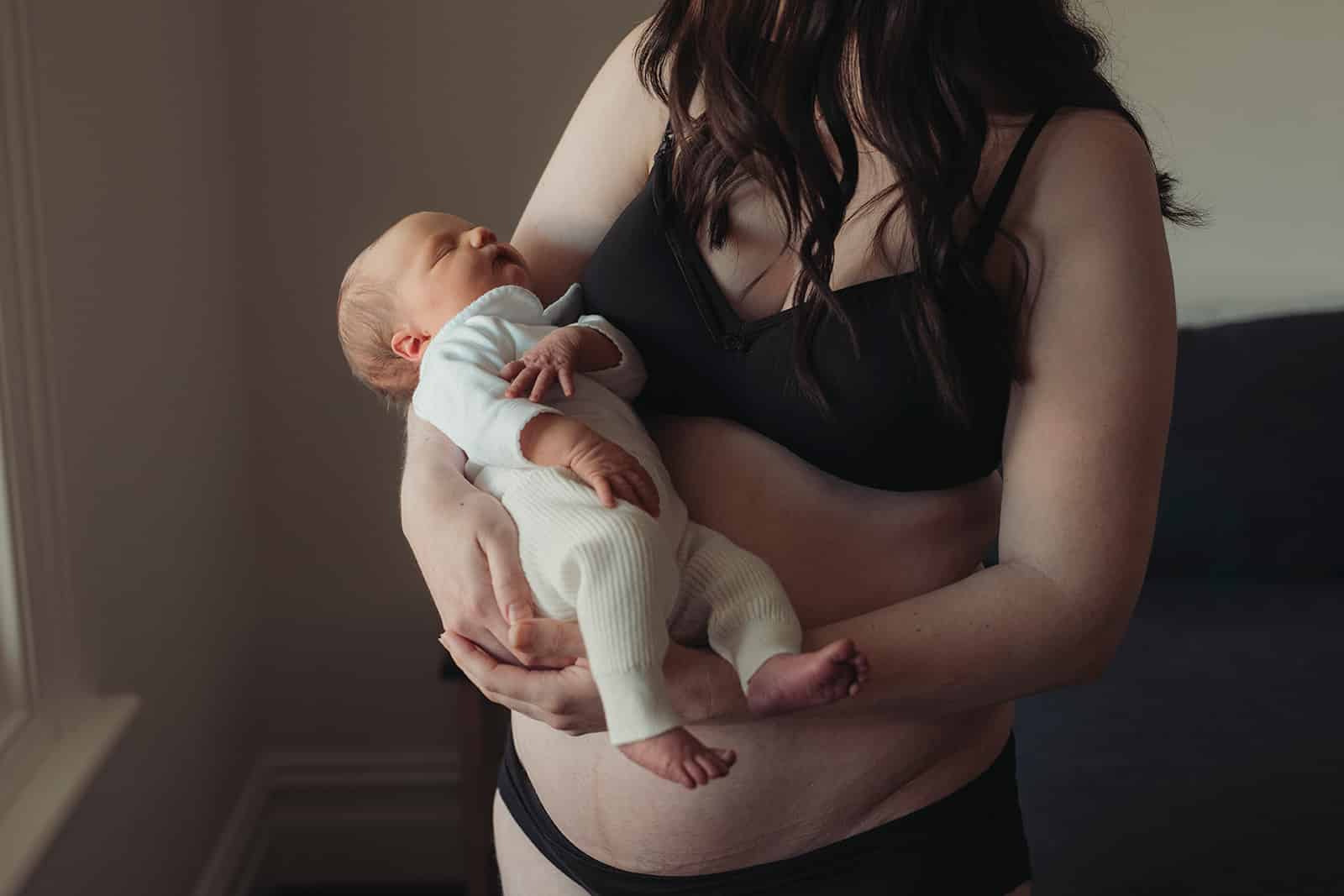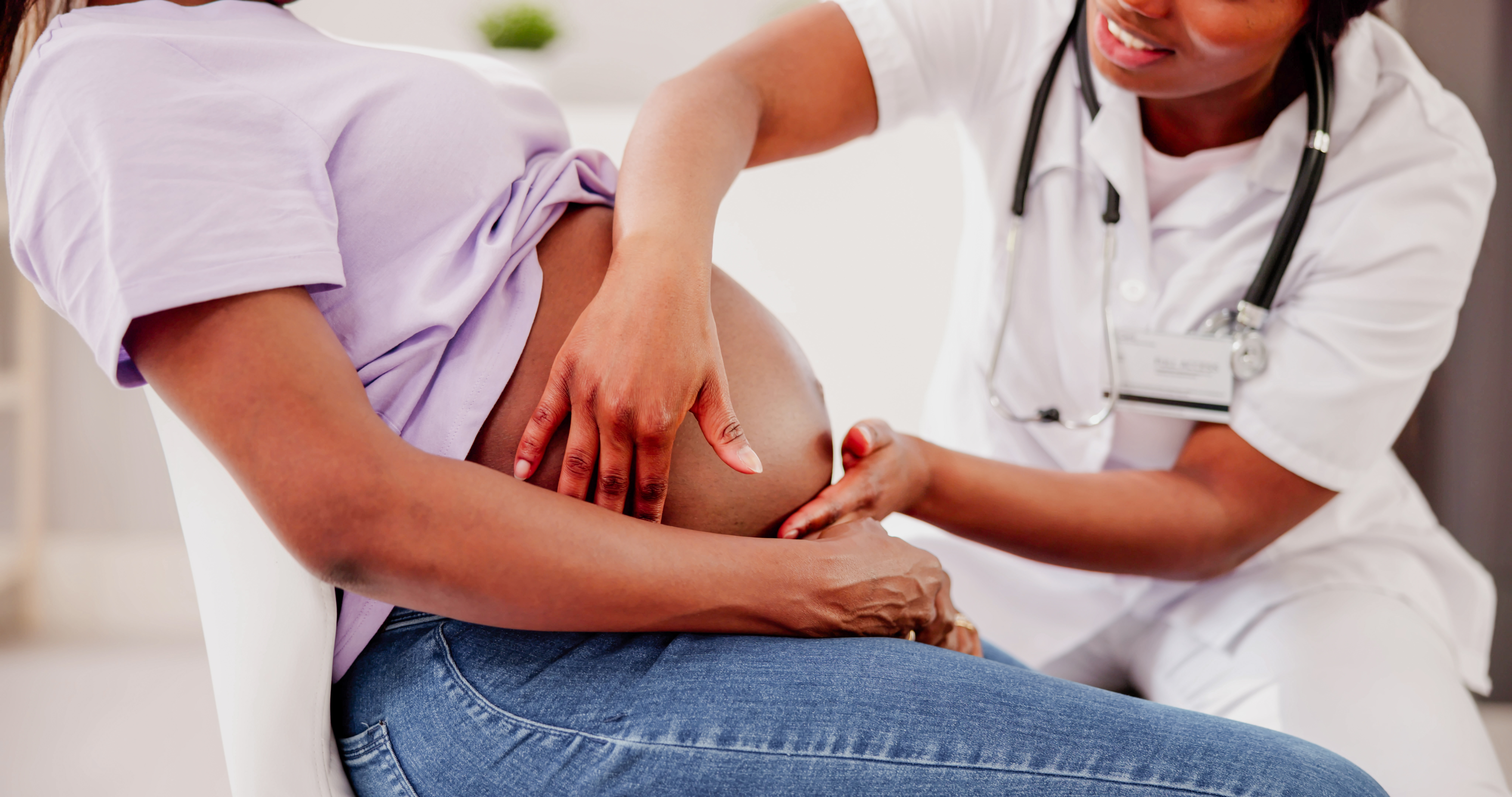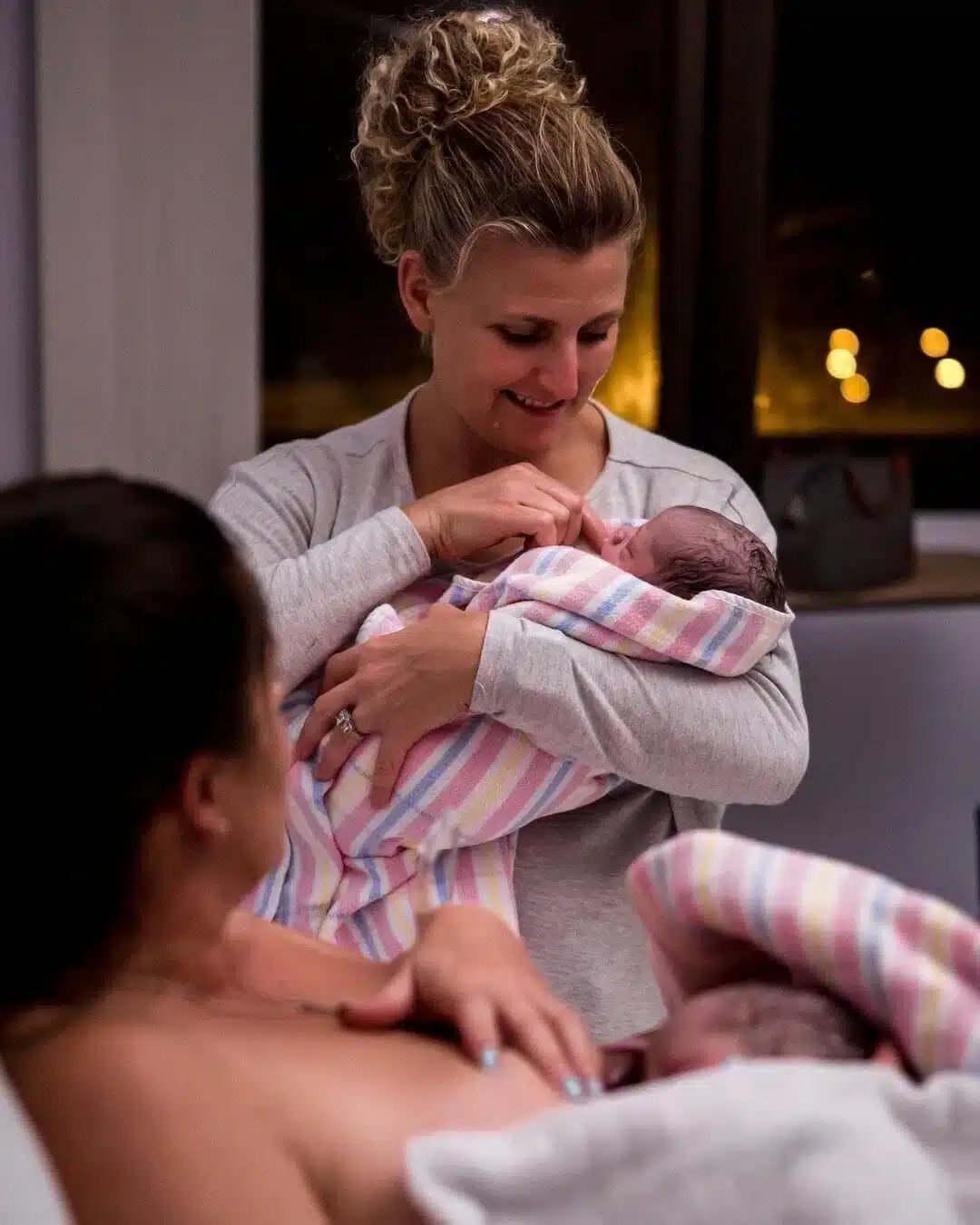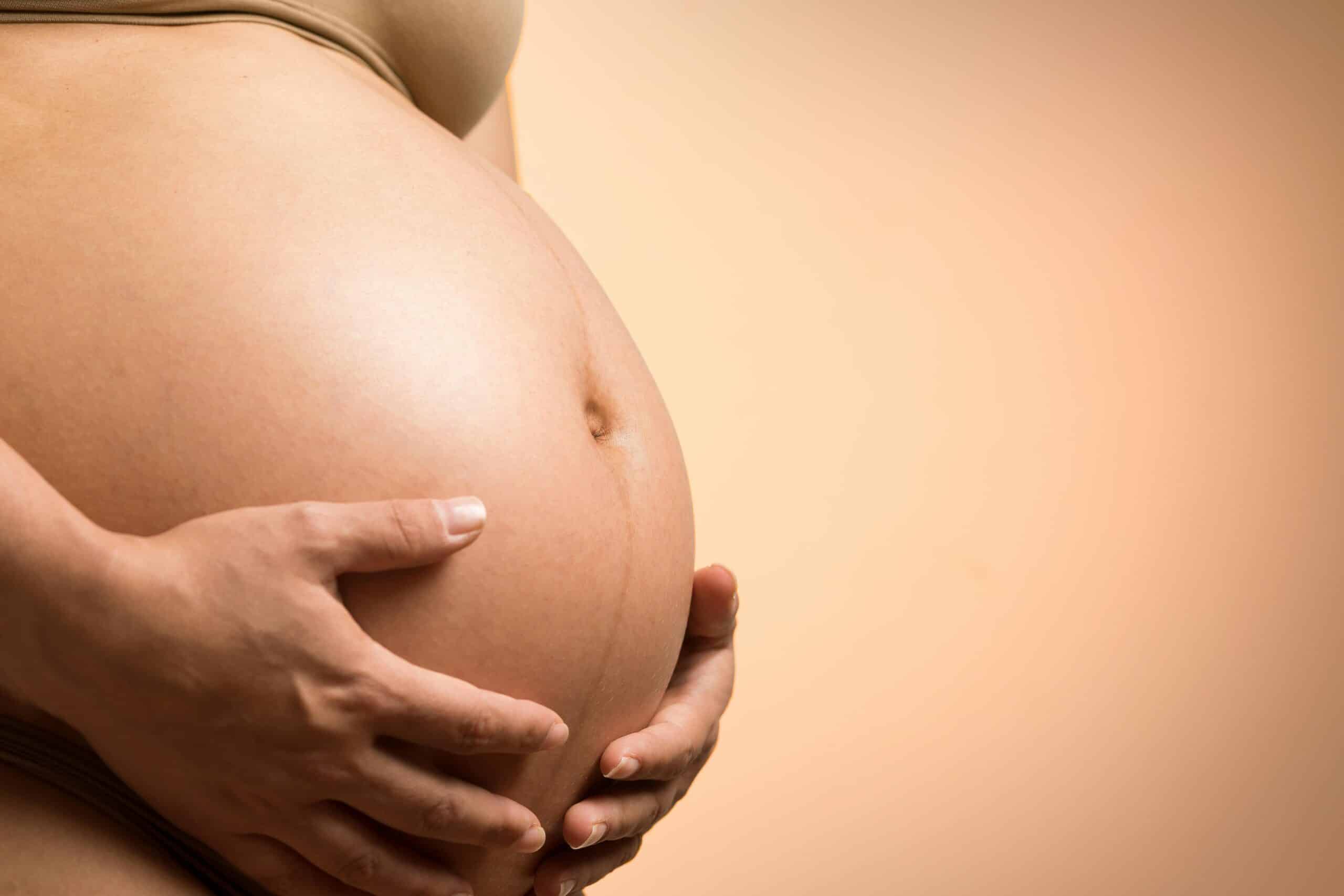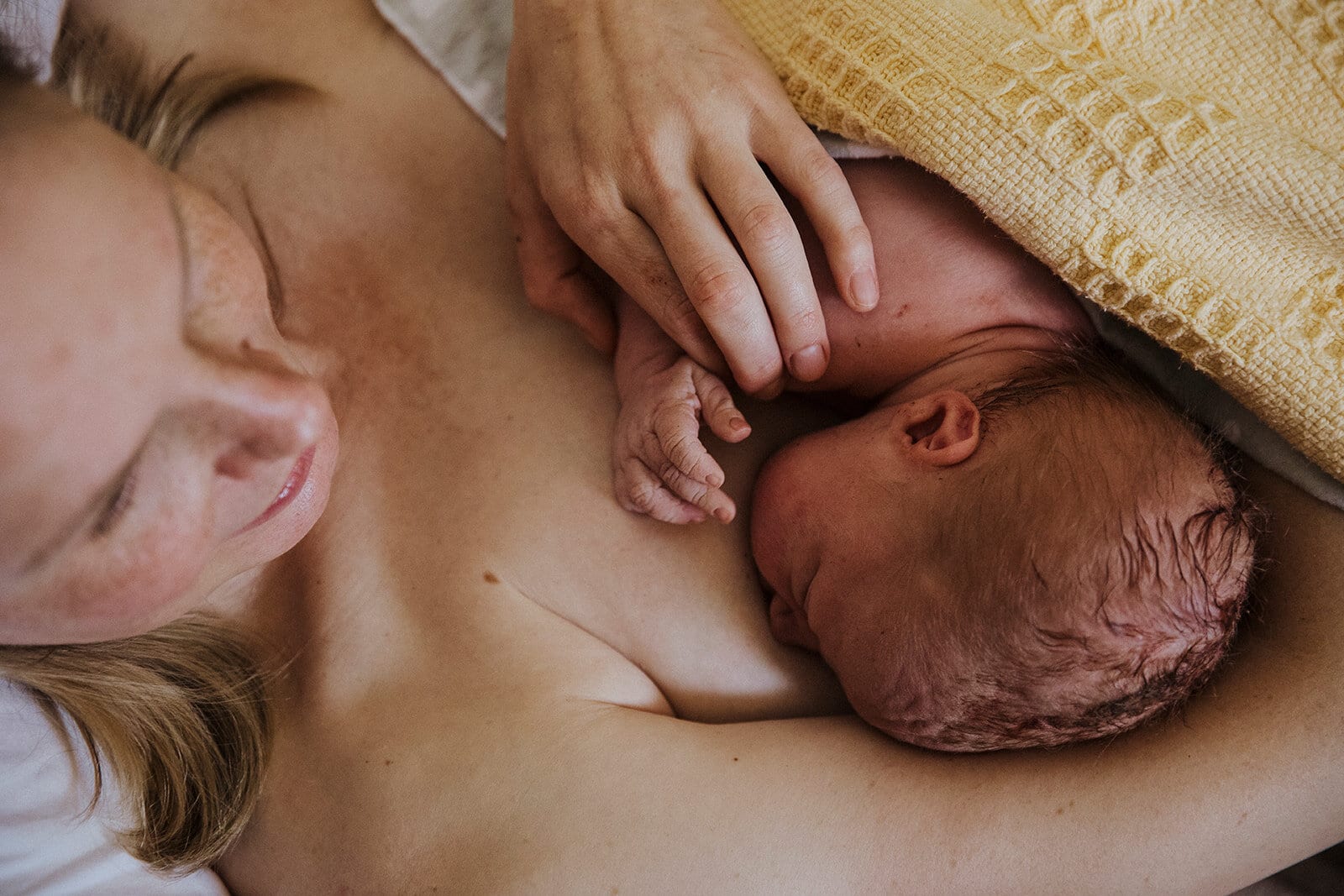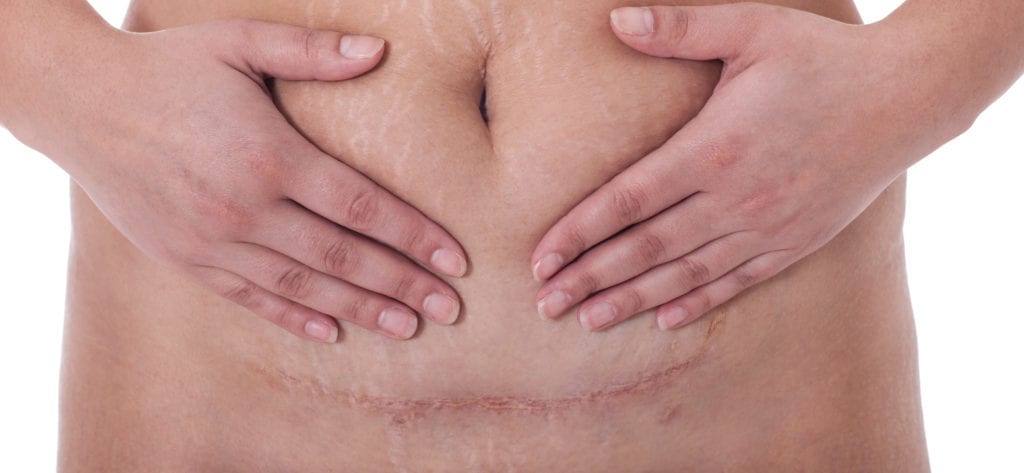Australian Birth Stories
#1 Podcast
20 million downloads
At Australian Birth Stories we believe that a positive birth experience is dependent on two things: your ability to make informed decisions and those decisions being supported and respected by your care provider.
A series of online education courses featuring a range of perinatal specialists that will give you practical skills to confidently navigate labour and birth.
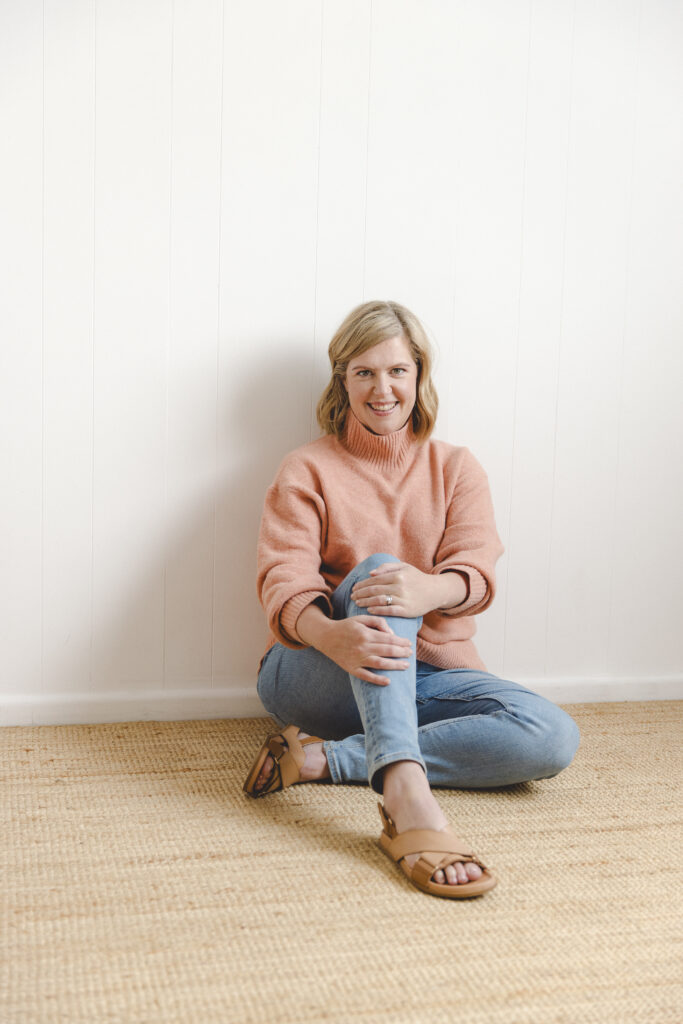
The Podcast
Over 550 diverse stories of pregnancy, birth and postpartum.
Australian Birth Stories is a portrait of women navigating their journey to motherhood – a series of honest stories that detail the heartache of infertility, the joy and overwhelm of pregnancy, the challenge and elation of birth and the tentative first weeks of postpartum.
Join the conversation
Sign up to get the latest updates, freebies, podcast releases straight into your inbox
Read. Discover. Learn
- All
- Conception
- Pregnancy
- Birth
- Postpartum
Get your copy of our Perineal Massage Guide in your inbox
Due Date Calculator
Use our calculator to estimate your due date
This is an estimated date of when your baby is due. Babies rarely keep to an exact timetable, so your full-term pregnancy can be anywhere from 37 and 42 weeks.
@AustralianBirthStories
Follow along with us
@AustralianBirthStories
Follow along with us
@AustralianBirthStories
Follow along with us
@AustralianBirthStories
Follow along with us
@AustralianBirthStories
Follow along with us
@AustralianBirthStories
Follow along with us
@AustralianBirthStories
Follow along with us
@AustralianBirthStories
Follow along with us
@AustralianBirthStories
Follow along with us
@AustralianBirthStories
Follow along with us
@AustralianBirthStories
Follow along with us
@AustralianBirthStories
Follow along with us
Sophie Walker
Storytelling is an intimate and powerful form of birth education
I’m Sophie, founder and host of Australian Birth Stories, the podcast with over 17 million downloads that’s endorsed by the Australian College of Midwives. I’ve got a Masters in Public Health and a passion for encouraging women to actively prepare for birth and postpartum. Beyond the microphone, I’m a mum to three rambunctious boys who create a lot of joy and mess.
